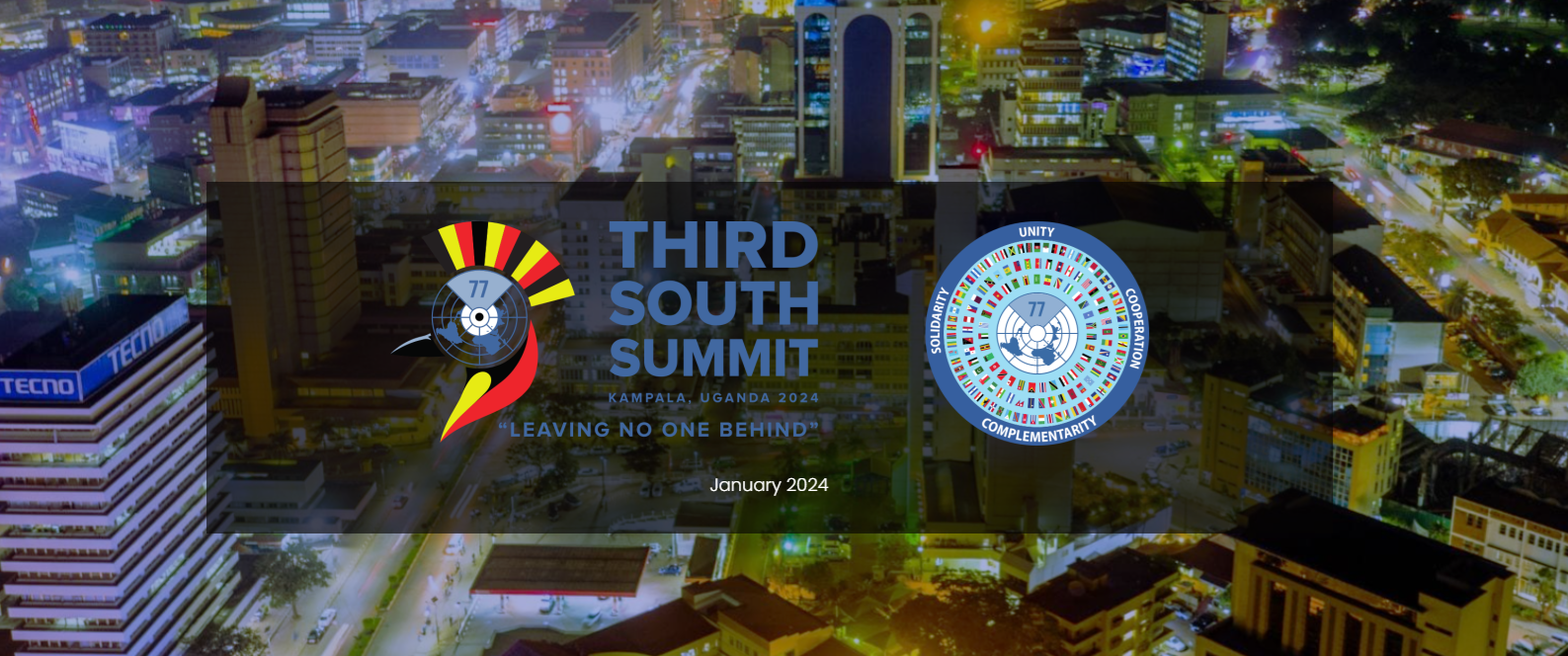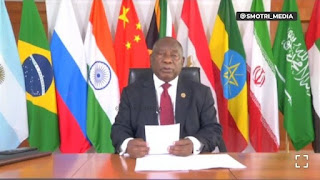
The colonial pillaging and plunder continues
Here is France's president explaining how the Russian citizen, who is now worth $15 billion, became a French citizen, a member of the garden of prosperity:
"It's a decision we made in 2018, which I fully stand by," Macron said Thursday. He added that it was "part of a strategy to allow women and men when they are artists, sportsmen, entrepreneurs, when they make the effort to learn the language, when they create wealth, when they ask for it, to grant them French citizenship. I did it for Mr Durov, who took the trouble to learn French, just as I did it for Spiegel. I think it's good for our country," he declared as reported Politico.
... excerpted from The colonial pillaging and plunder continues.








































